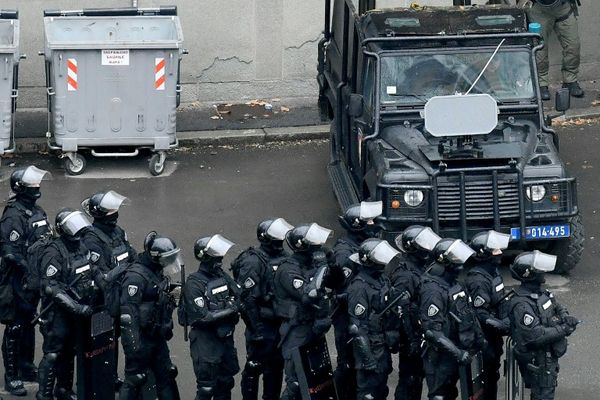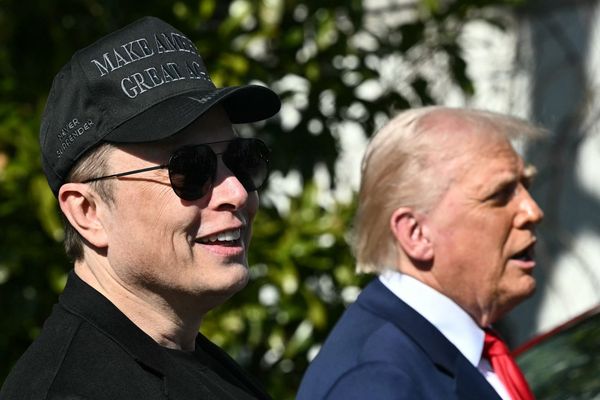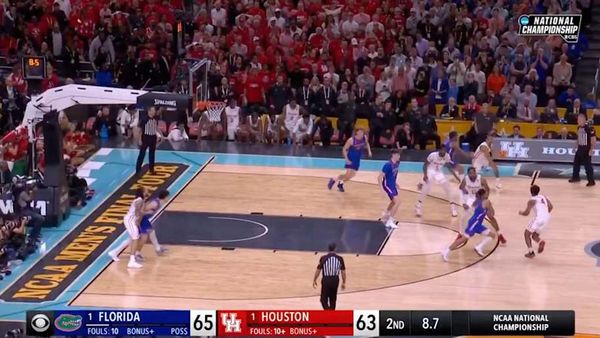It may have been Tony Abbott who threatened to "shirt-front" Vladimir Putin, but it was Julie Bishop who stared him down when she got the chance.
The former foreign minister recalls being "mocked" by the Russian President when the pair met in late 2014, a few months after the shooting down of Malaysian Airlines flight MH17 over Ukraine.
"[It was] quite menacing."
Ms Bishop told Tom Baddeley on ABC Perth Breakfast she had about 10 minutes alone with Mr Putin at an Asia Europe summit in Milan while his security team was elsewhere.
"[In 2014] there was armed fighting in eastern Ukraine and President Putin and the Russian officials maintained that the Ukrainian separatists were independent and that Russia had no influence over them," she said.
"Of course, we both knew that was not the case, and Russia kept denying that it had any responsibility to assist in an investigation into the cause of the crash of MH17.
"We spoke about Ukraine. We spoke about the downing of MH17 and the harm that Russia was causing by being such a disrupter.
Ms Bishop described Mr Putin as being determined, resolute and focused, and reiterated that he is a trained KGB agent.
"He was very steely, very calm," she said.
No end in sight for Ukrainians
Ms Bishop said Mr Putin was unlikely to back down from his invasion of Ukraine and did not see a clear end to the fighting unless Ukraine agreed not to join NATO.
"He sees Ukraine as a buffer state, subservient to Russia's security imperatives," she said.
"Now, they shouldn't have to do that. But it might be a way to end this fighting.
"It's a tragedy for the Ukrainian people, particularly those caught up in the fighting. [It is] an absolute affront to humanity and breaches every normal behaviour within the rules-based international order."
She said sanctions were unlikely to change Russia's behaviour in the short term.
"China is Russia's largest two-way trading partner. China is still a lifeline. If China were to sanction Russian oil and gas, well, then I think it would be game over," she said.
Support needed for countries accepting refugees
Ms Bishop said the Australian government needed to support countries taking in Ukrainian refugees, such as Poland.
"If they're able to be hosted in countries in Europe then there's an opportunity for them to go home as soon as the situation is stabilised, rather than bringing them all the way over to Australia."
But she conceded if the conflict stretched out any longer, Australia should play its part in accepting displaced Ukrainians.







